Meet Camille Tsalik | Screenwriter
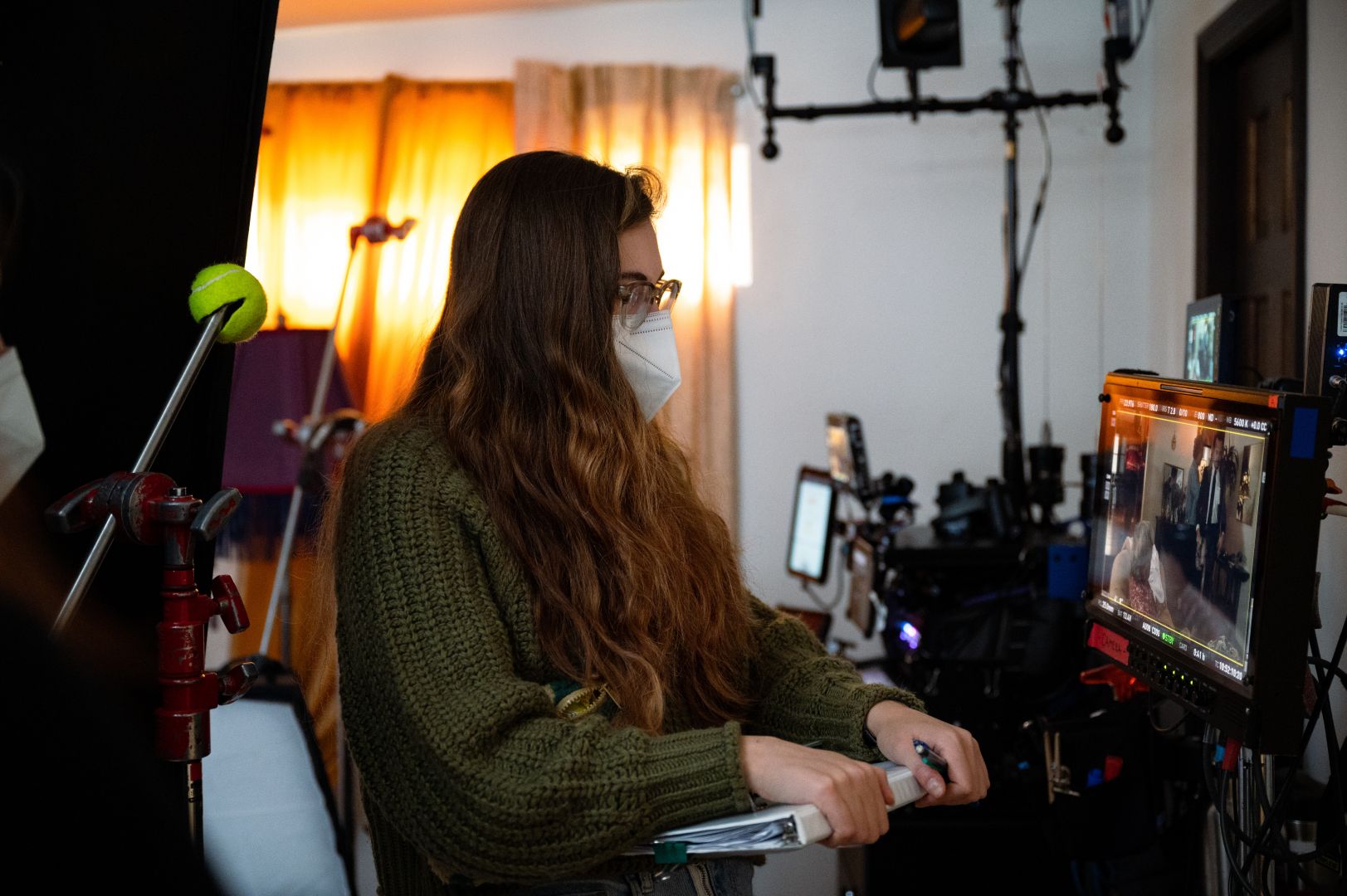
We had the good fortune of connecting with Camille Tsalik and we’ve shared our conversation below.
Hi Camille, why did you decide to pursue a creative path?
While originally from New York, my experiences have been shaped by my French mother, Jewish Ukrainian father and my Buddhist grandparents. I spent my college years at McGill University exploring how media is disseminated and consumed, particularly within feminist and Marxist frameworks, naively hoping that would help me make sense of my bizarre upbringing. Spoiler, it didn’t, but studying the works of Adorno and Horkheimer, Walter Benjamin, and Judith Butler armed me with a purpose. In the most obnoxious way possible, I pledged (to myself): my creative work was to be political and inspire the viewer to challenge the way they perceive the world. I romanticized the act of writing, possessed by the naive thought: If I write something, anything, they will read it. But anyone can tell you being lectured is not exactly riveting entertainment. With my background in film critique, I wrote to persuade. And this followed me when I transitioned to the medium of screenwriting, as I used dialogue to unpack my own internal, pseudo-philosophical monologue. But, let me tell you, no one wants to listen to the chaotic circus that exists in my mind. Not even me.
It was through being honest with myself about what I enjoyed watching that began to view my work as a conversation with the audience, well, because art is not prescriptive. The writer cannot tell the reader what to think, just as a director cannot tell the viewer how to interpret their work. I came to this realization when the stories that people responded to were those I wrote out of an emotional need. Whether it was a short I wrote when grieving my Ukrainian grandmother or a feature about my fraught relationship with my father…who happens to be a Russian Nationalist. As I wrote more drafts, the stories would become more divorced from reality, but now the emotional underpinning is where I start, not with a political argument.
Earning an MFA from AFI has also allowed me to see screenwriting as legitimate a job as any. Grueling work cannot be romanticized. You can’t just get to it when you get to it. In adopting a regimented schedule, replete with a weekly writer’s group, I have found beauty in this discipline. Remember, I grew up with grandparents who sought to emulate Buddhist monks in many ways. They live highly disciplined lives, and yet, their adherence to a meditation practice parallels my approach to writing. Some days meditating comes easier than others but making it to your cushion is what matters. Screenwriting is a long game, often without a defined goal. Writing is rewriting, reoutlining, and restructuring, until you are no longer embarrassed to have someone read your work. I have grown to find comfort in that regimen.
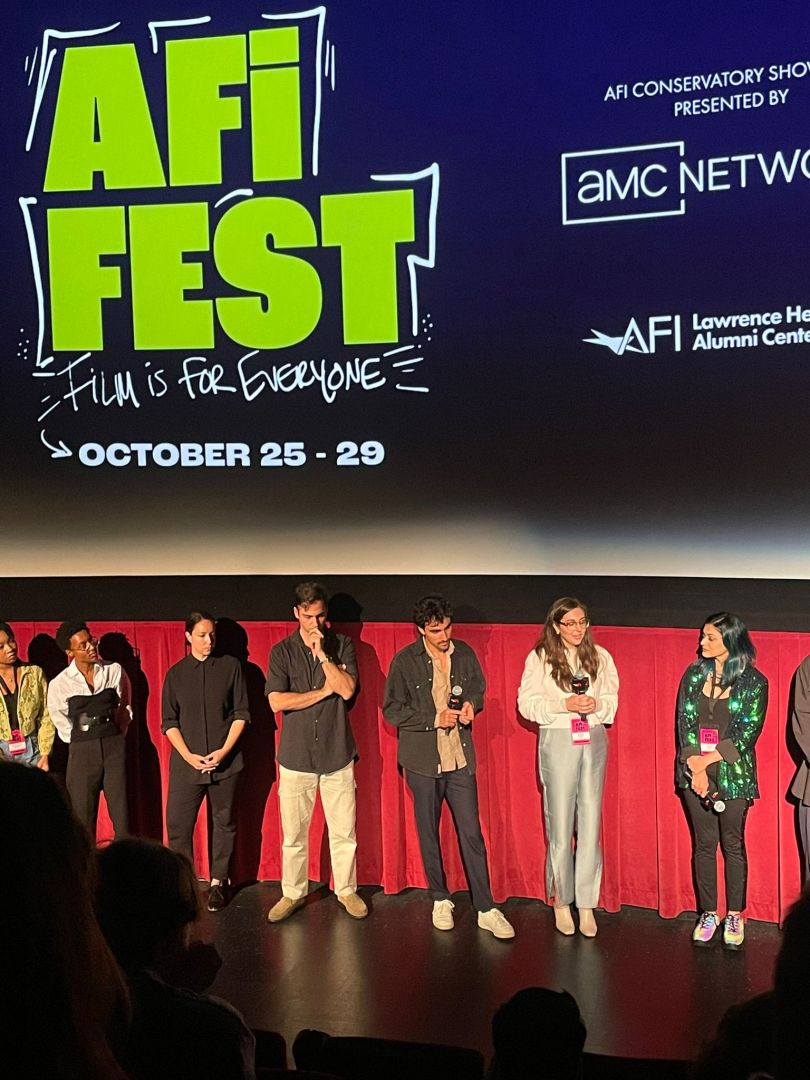
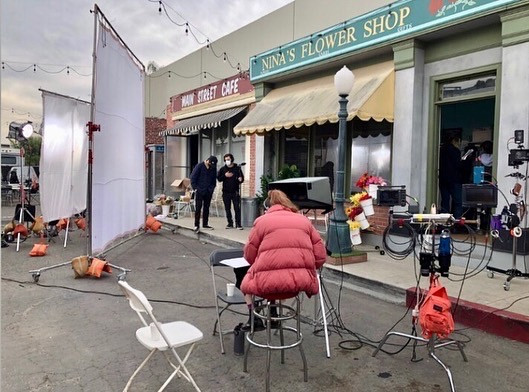
Let’s talk shop? Tell us more about your career, what can you share with our community?
Coming from a family of immigrants, pursuing a career in the arts was not just frowned upon, it was fundamentally not understood. You were supposed to derive enjoyment out of being good at your job, not out of the job itself. Art was always relegated to a hobby. My family tried to dissuade me from pursuing a Bachelors in English, but you can’t argue with someone who was paying their own tuition. When I started my career, I clung to stability. I did what I needed to do just to afford rent in Los Angeles. I worked in the UCLA TFT Development Office as a coordinator, spending most days finding inventive ways to politely ask people for money until I ran out of options. Now, that is not to reduce my impact – I know from personal experience that alleviating the financial burden of advancing one’s creative development means eliminating at least one of the many obstacles in the way of underrepresented talent. It is necessary work. However, the most surprising and welcomed award was the expansion of my role at TFT to include pedagogical support for the screenwriting department.
Doing screenwriting-related work truly provided me with a fulfillment that I had been so adamant on ignoring. So, I saved up enough to pay for my living expenses for a year, did some script supervising gigs, and took out over a hundred thousand dollars in student loans to earn an MFA at AFI. My family was horrified to say the least. But taking this leap, and understanding the gravity of it, forced me to abandon the idea that “struggling” is shameful. And, upon opening up, I realized I was not the only one. My work needs to have the same effect, functioning as a collective experience…and I would rather laugh together than cry together (even though I am aware catharsis means different things for different people).
Through numerous genres, I enjoy writing dialogue tinged with comedic commentary, especially if the content is not inherently funny. My favorite dark comedies — “The Death of Stalin”, “Four Lions”, “Harold and Maude” — they all have an absurdist edge, and, similarly, I love playing with that in a grounded setting. My work is informed by my years spent in France. My ever-evolving relationship with my Jewish-Ukrainian identity. And the Buddhist teachings I was raised on. That is probably why I get excited by exploring different often conflicting ideologies in my stories. The topic of community, especially the search for it, is something I return to again and again. As a child, with my parents floating from place to place, I longed for stability and belonging. Buddhism teaches that stability does not exist, change is a constant, and belonging is something one must cultivate within themselves. Yes, like I said, I had a very normal childhood. I was routinely reminded of my mortality over breakfast. It was the harsh truth, but none of it truly addressed the concrete realities of life. So much for telling a teenage girl who is crushing hard on a boy to practice nonattachment! All that’s to say, I certainly hope my stories do a better job of prompting discussion and introspection.
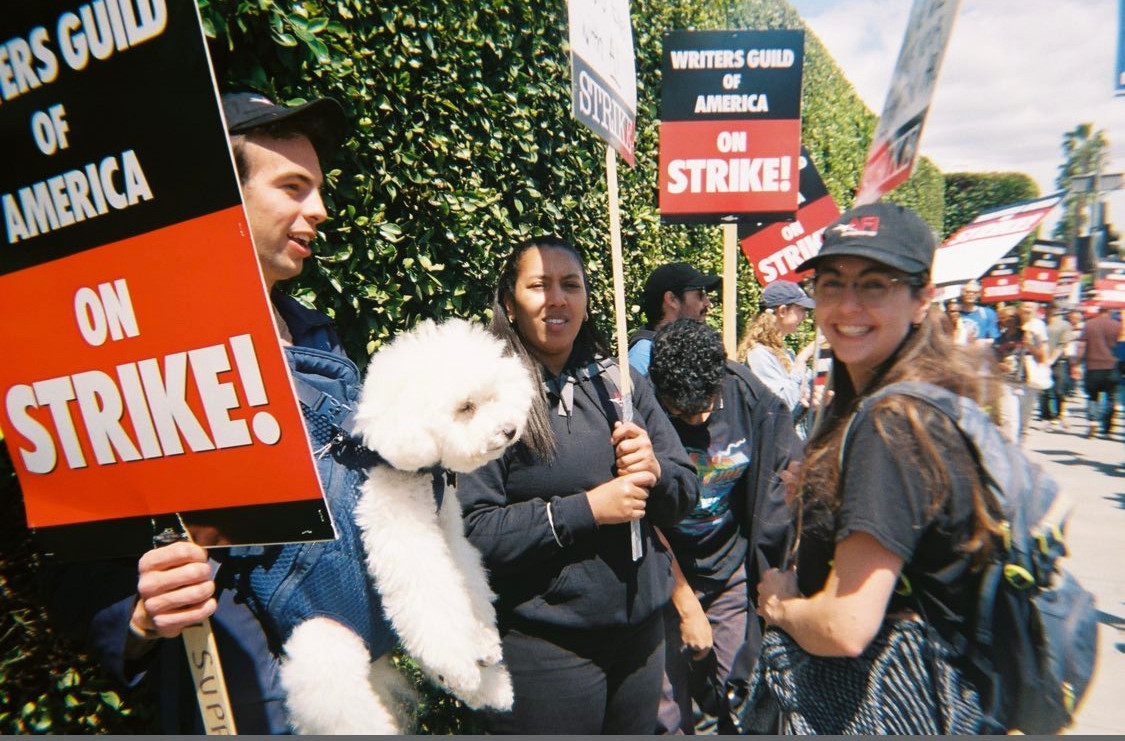
Let’s say your best friend was visiting the area and you wanted to show them the best time ever. Where would you take them? Give us a little itinerary – say it was a week long trip, where would you eat, drink, visit, hang out, etc.
I lived in France, Atlanta, Vermont and Montreal before arriving in Los Angeles six years ago. So, I am definitively a transplant and still feel like I am discovering the city. However, I had a head-start. My partner was born and raised in Monterey Park (for those who don’t know, it is a city in the San Gabriel Valley adjacent to East LA). When I moved to LA, I immediately moved in with him. When I commit, I COMMIT. Jokes aside, we are serious foodies or, as my mother would say, “gourmands”, and all of our friends can attest that visiting us is a food tour. My fiancé has showed me all his favorite spots around the city. We are still in disagreement about our personal winner of LA’s Best Tacos, but mine is Angel’s Tijuana Tacos and his is Sonoratown. I do recognize that he is Chicano, and therefore, his opinion automatically outweighs mine. That is a fact I willingly accept. Birrieria Gonzalez (the O.G. East LA location) is our favorite birria spot, and we take our friends there every time they visit. La Azteca Tortilleria has an insane chile relleno burrito (the elite hangover cure). Golden Deli for more traditional Vietnamese (can only speak to the location in San Gabriel), Mother India in Chatsworth for Indian, and Summer Buffalo for Thai. The list goes on. I am gatekeeping a few, but feel free to hit me up on IG @camtsalik if you want the full list. LA is still pretty segregated (anyone who denies this is just lying) and if you stick to West LA, you will be underwhelmed culinarily-speaking, so explore! More often than not, each city has its specialty. Go to Monterey Park for amazing Chinese food, Gardena for traditional Japanese food, East LA for incredible Mexican food — it’s pretty self-explanatory. Just be respectful and understanding if they aren’t able to accommodate dietary restrictions. I know I have only talked about food, but like I said, priorities. I also rarely drink, but on the odd occasion I do (when I’m feeling particularly unhinged), I go to Madre for a mezcal cocktail. I will not disclose where to go out out, because I don’t want you to find me.
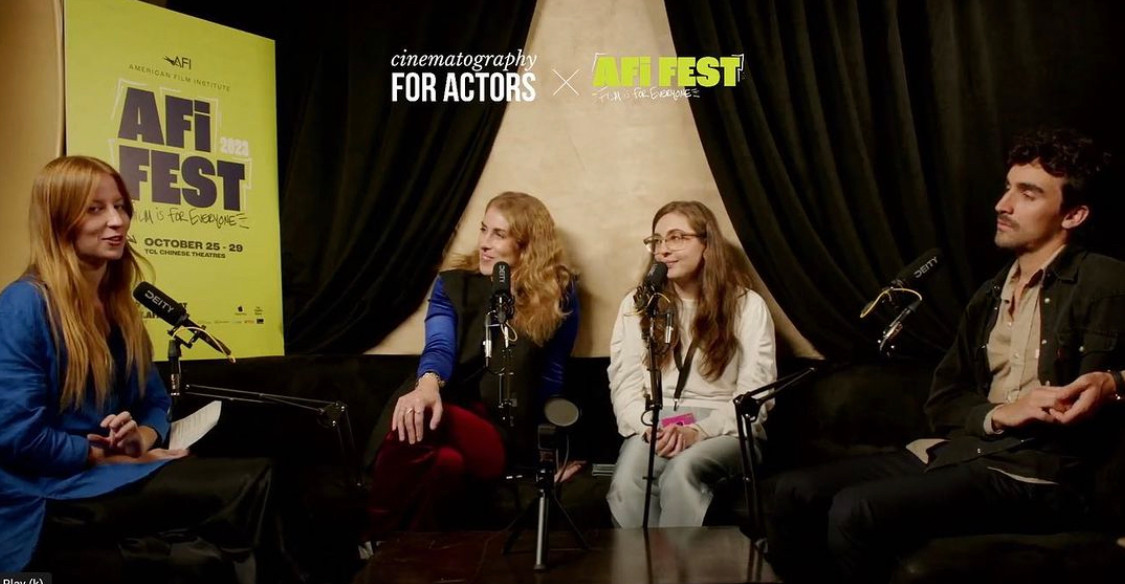
Who else deserves some credit and recognition?
I am only as talented, insightful, creative, and disciplined as my screenwriting community. Many perceive the act of writing to be solitary work. While it requires intense, often excruciating, introspection, a script is the product of many discussions, sharp notes, and generous advice. I am so eternally grateful to everyone that has taken the time to read my work — from family to friends to mentors to instructors to my fiancé — you are all my guiding lights. Any screenwriter will tell you, more often than not, you read your own words ad infinitum and lose your ability to make sense of them, to determine what works and what must be scrapped. The people who identify the trash and tell you to “toss that shit out” (and it needs to be THAT frank) are your fiercest allies. They are always the first to celebrate your wins, and you will always know their praise is genuine. Protect them at all costs!
Special shoutout to my supremely talented, and just all around wonderful, CHERRY KOMPOT team — our short is currently in the festival circuit, and I am so immensely proud of this project. Let me know if you catch it on the big screen!
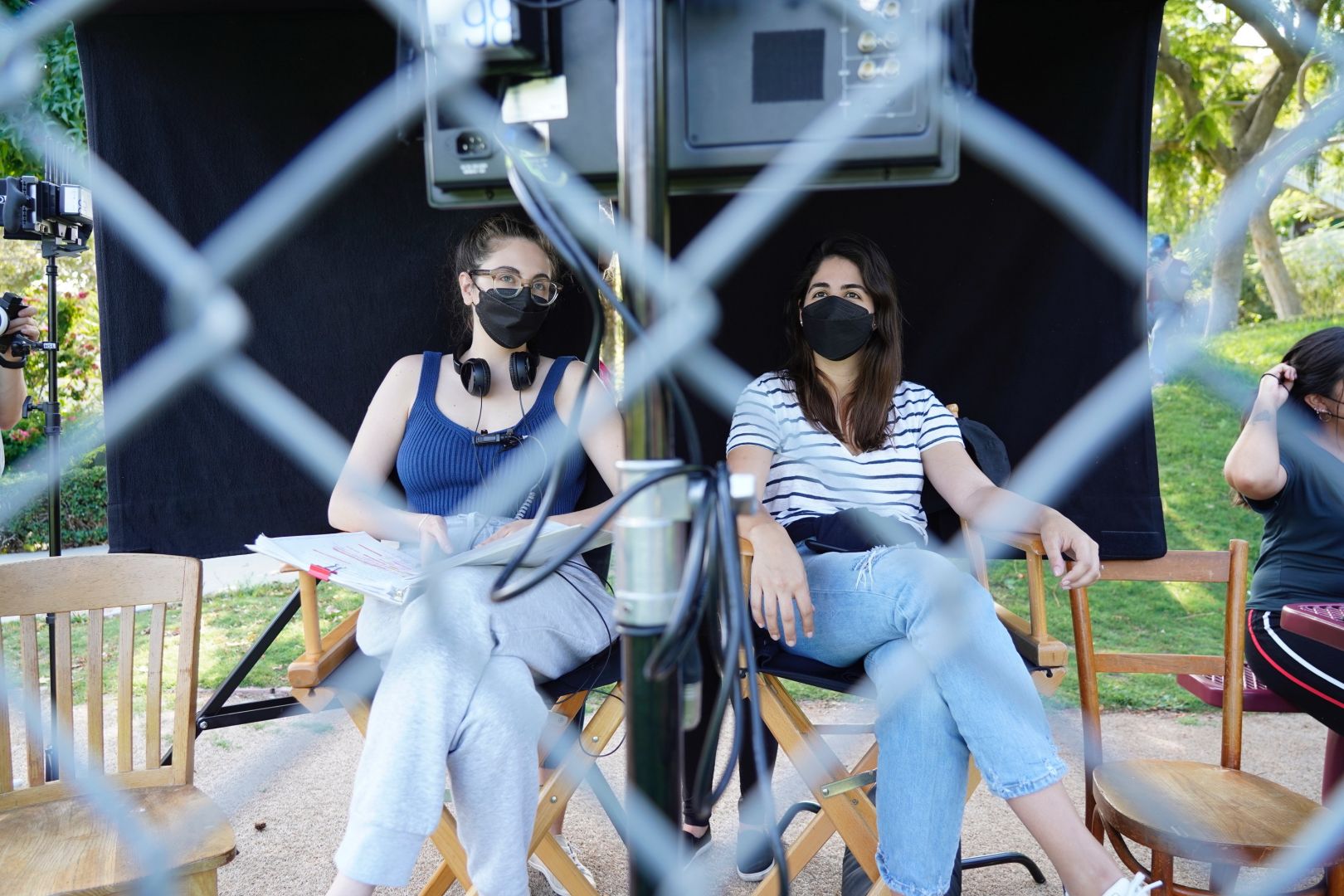
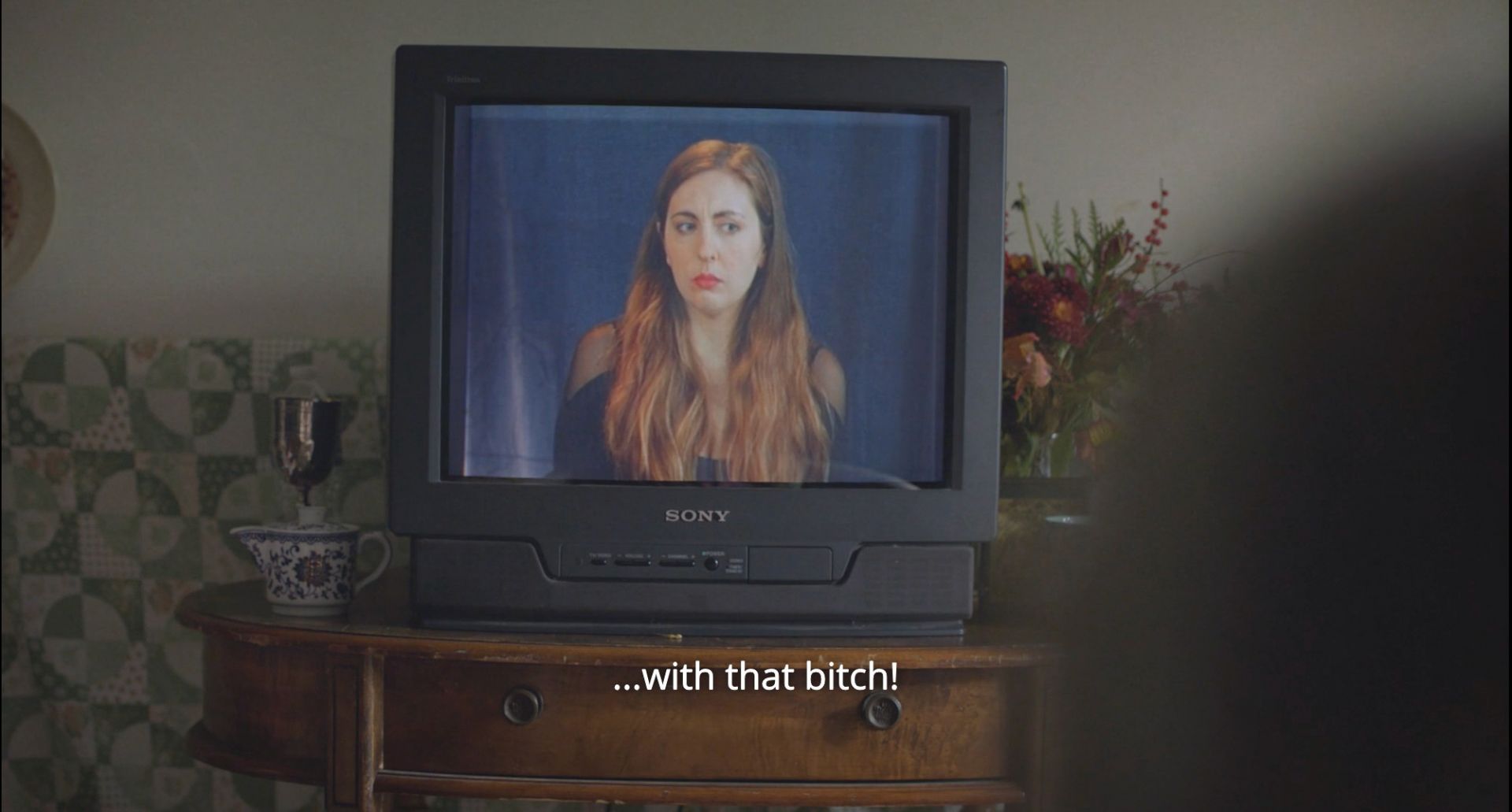
Instagram: @camtsalik
Linkedin: https://www.linkedin.com/in/ctsalik/
Other: IMDb: https://www.imdb.com/name/nm9726896/?ref_=tt_cl_wr_1
